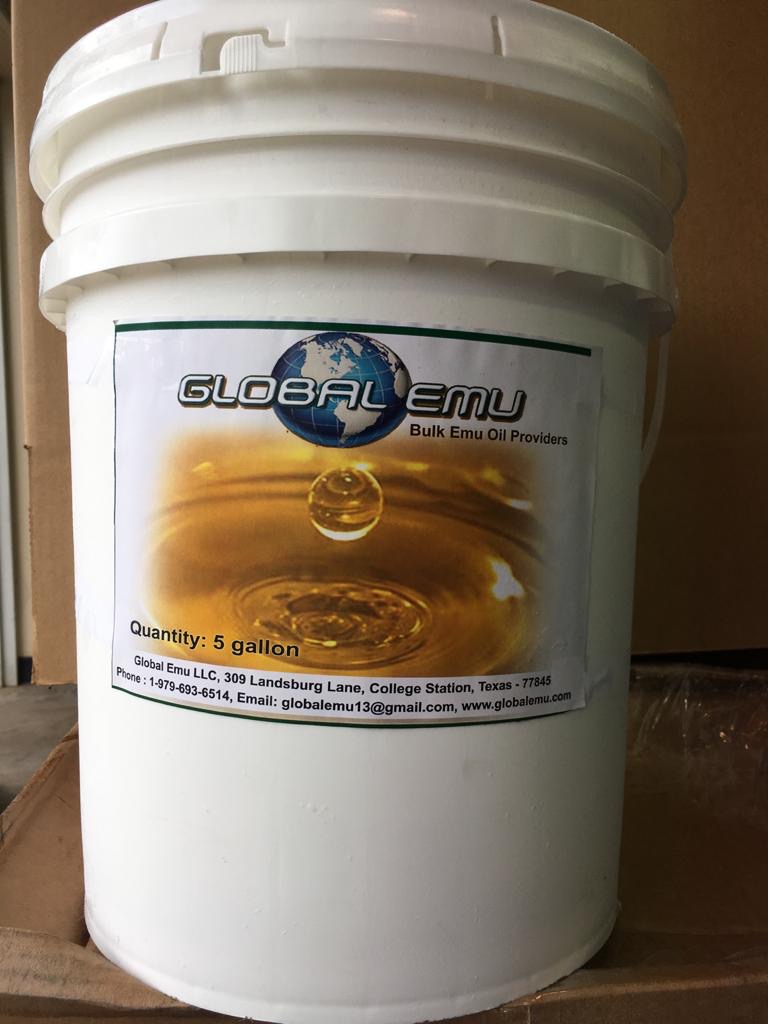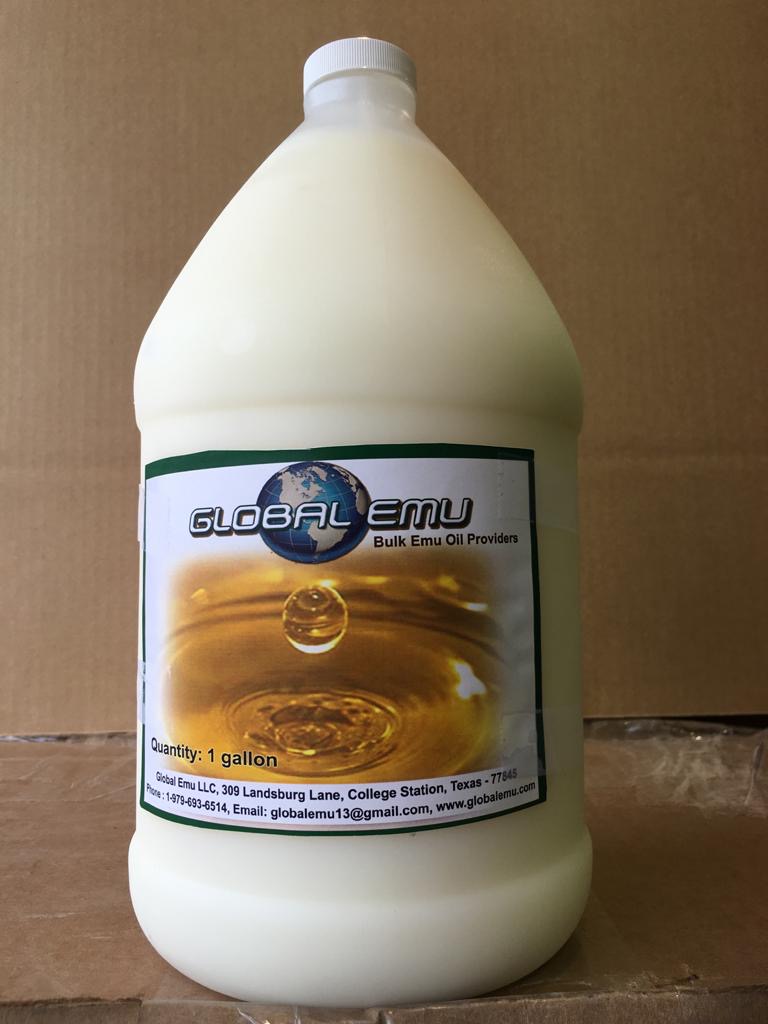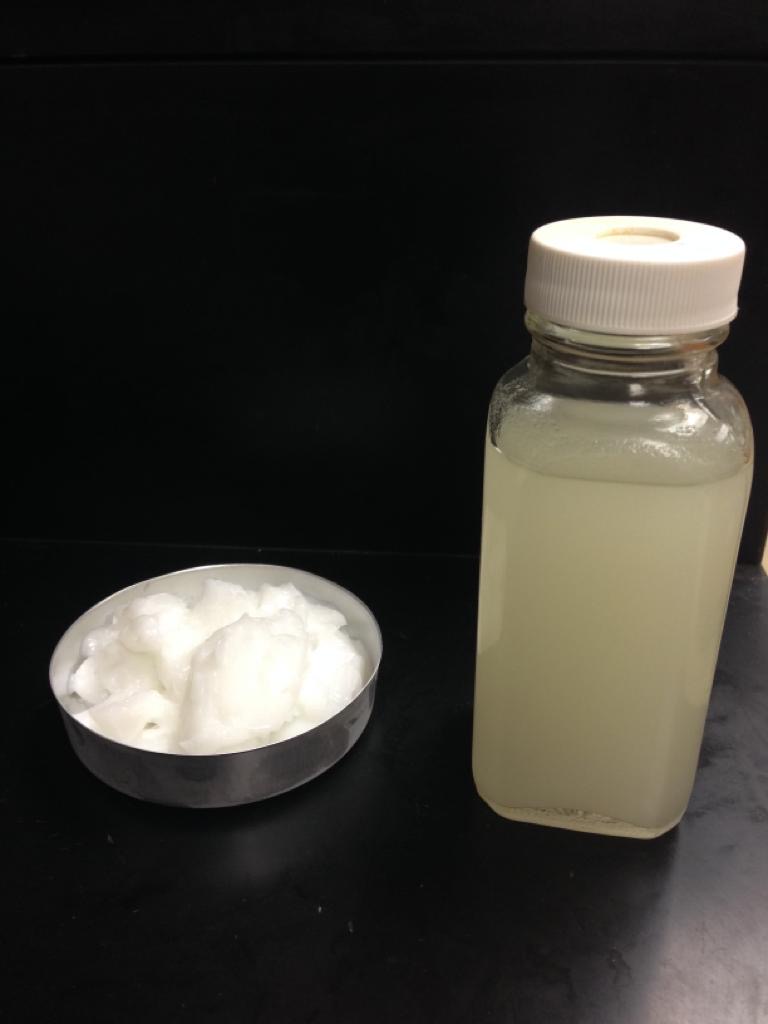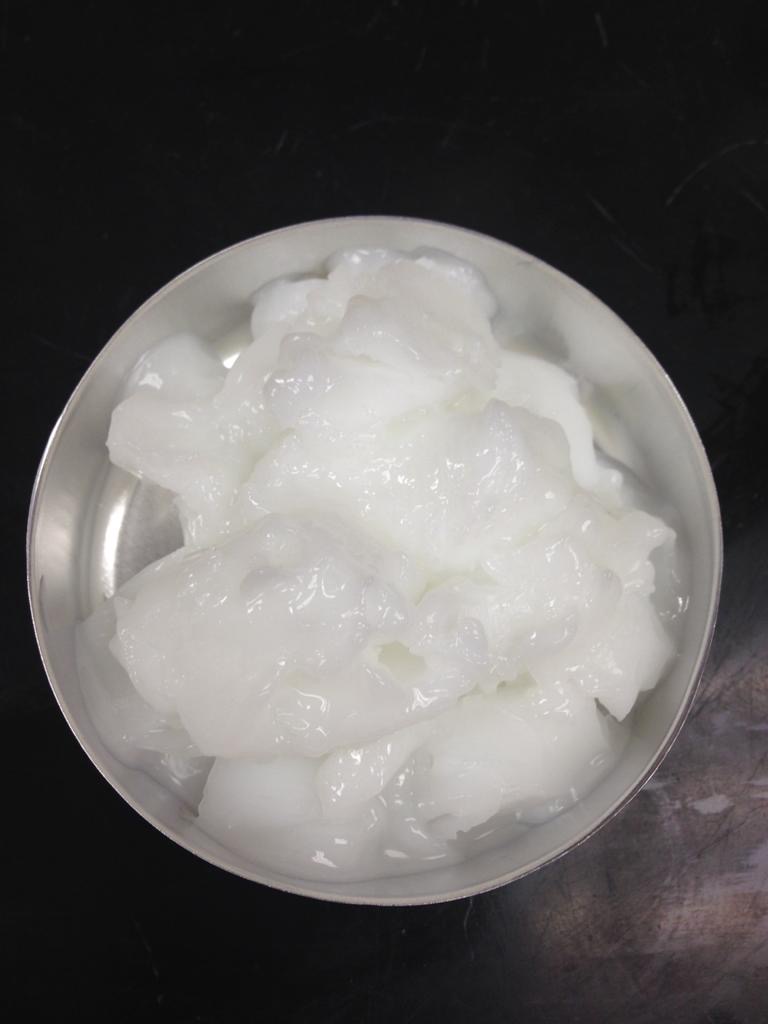Discover the Various Health Benefits of Emu Oil
We all have heard about vegetable oils or animal fats such as soybean, canola, lard, tallow, and fish oil, but not much about emu oil. The reason being greater than 90% of commercial fats and oils used for human consumption or in the chemical industries are plant or animal based. Emu oil comes from a layer of fat of emu bird—a flightless and a national bird of Australia. Recently, emu farming has expanded in other parts of the world including Asia and Africa.
Emu oil is very unique in terms of biological properties compared to other known vegetable oils and animal fats. This is because the fatty acid composition of emu oil is very appealing and very similar to the fatty acid profile of human skin. Emu oil contains around 70% of unsaturated fatty acids and 20–30% of them are essential fats such as Omega-3, Omega-6, and Omega-9.
Human bodies cannot produce essential fats and, therefore, it has to be taken only from external sources such as various vegetable oils, fish oil, oils from various nuts, etc.


Essential fats are very important for us for various reasons such as to support our cardiovascular system, reproductive system, immune system, nervous system, and much more.
The composition of emu oil is a balance ratio of Omega-3, Omega-6, and Omega-9 fatty acids. A balance ratio of these unique fats is very important. Human bodies are designed to work in a certain manner and it seems emu oil with its perfect balance of fatty acids is very healthy and desirable. Therefore, emu oil works so well. The oil penetrates deep into the skin and stimulates the collagen fibers which is necessary for skin regeneration. Emu oil, therefore, may be recommended by qualified doctors for various health benefits.
The cosmetic industry uses emu oil in beauty products in order to enhance the moisturization of the skin. Emu oil is also used to make pet-friendly products such as shampoo, soaps, and much more. The oil has many wonderful health benefits.
Note:
It is natural for emu oil to be separated after certain days leaving at room temperature. This is a very unique property of this oil and this phenomenon does not occur with most of the vegetable oils except palm olein cooking oil. This happens because of the density and melting point differences coming from several different types of fats (saturate and unsaturated) in emu oil. This is a very unique characteristic of emu oil and shouldn’t be a concern for consumers or cosmetic manufacturers who use emu oil in their products. The separation of the oil occurs mostly in summertime and as winter approaches, it disappears. The best practice, however, is to shake the oil before use to get the full benefits. Partially separated or fractionated emu oil (so-called clear emu oil) may not have the full benefits as you will receive it from whole emu oil. Fully refined grade-A emu oil is a pure and non-fractionated emu oil with full benefits.


Scientific Research on Emu Oil:
There have been several studies on emu oil over the last two decades in various parts of the world. The most interesting findings are that it is multifunctional and works well with various functions of the human body. Its unique fatty acid composition is the key factor. Emu oil may help different people in different ways. We, humans, are different in our genetic makeup and emu oil seems to work differently for each individual.
Anti-Inflammatory Activity of Emu Oils in Rats:
The anti-inflammatory activities of five different preparations of emu oil, applied topically, have been examined using an experimental polyarthritis in rats. Four of the preparations were found to be active against adjuvant-induced arthritis in rats. The efficacies of the emu oils acting as trans-dermally are compared with that of orally administered ibuprofen (Inflammopharmacology, 1997;5:127-132).
Comparative Hypocholesterolemic Effects of Five Animal Oils in Cholesterol-Fed Rats:
The hypocholesterolemic efficacy of various animal oils was compared in rats given a cholesterol-enriched diet. After acclimatization for one-week, male rats that had been fed with a conventional diet were assigned to diets containing 5% of oil from emu, Japanese Sika deer, sardine, beef tallow, or lard with 0.5% cholesterol for 6 weeks. After the feeding period, the concentrations of serum, total cholesterol, and very low-density lipoprotein + intermediate-density lipoprotein were analyzed. This study has demonstrated that dietary animal oils influenced the serum, liver, and fecal cholesterol levels. In the emu oil group rats, the serum total and VLDL + IDL + LDL-cholesterol concentrations were significantly lower than those in the other groups. Sardine oil group were also significantly lower in total serum cholesterol (Biosci. Biotechnol. Biochem., 63 (1), 202-205, 1999).

Moisturizing and Cosmetic Properties of Emu:
A pilot double blind study: This pilot double-blind crossover study seems to indicate that emu oil may find application in cosmetic and pharmaceutical industries. The research discovered emu oil to be totally non-irritating, having good moisturizing properties, cosmetically pleasing texture, and low incidence of comedogenicity (a term referring to acne caused by or made worse by cosmetics) (Australian Journal of Dermatology, 37, 159-162, 1996).
Composition of Emu Oil:
The Micro View: Dr. Leigh Hopkins, AEA Oil Standards Team (Research Leader).
Summary: When compared with human skin oil, the fatty acid composition of emu oil is found to be quite similar. In both types of oil, mono-unsaturated oleic acid (C18:1) is the most prevalent fatty acid, followed by palmitic acid (C16:0), then linoleic acid (C18:2), which is an essential fatty acid. This similarity may be one of the factors enabling emu oil to have such a positive action on human skin.
Emu Cream Assists Lidocaine:
Local Anesthetic Absorption through Human Skin by Dr. William Code. (Presented at the 88th American Oil Chemists Society annual meeting)

Summary:
In his initial work with an emu oil-based cream combined with spearmint oil and lidocaine, Dr. Code has found that this mixture appears to produce a reduced sensation in the skin as compared with another mixture of local anesthetics without emu oil. The goal was to reduce sensitivity to the skin in a safe, fast, and effective way for procedures such as suturing or giving injections.
Safety Data Sheet (SDS)
Identification
Product Name: Emu Oil
Hazard(s) Identification
Health Effects: Emu oil is safe to consume, it is not a dermal or ocular irritant to most skin types, it is not toxic and ingestion should not cause a problem.
Composition/Information
Name: Emu Oil
Fatty Acid Composition (Fat Constituents): Myristic Acid (C14:0) 0-0.4%., Palmitic Acid (C16:0) 18-24%., Palmitoleic Acid (C16:1) 3.5-5.0%., Stearic Acid (C18:0) 8-10.5%., Oleic Acid (C18:1) 48-55%., Linoleic Acid (C18:2) 8-12%., Linoleic Acid (C18:3) 0.3-0.5%
First-Aid Measures
Inhalation: Emu oil does not present inhalation hazard.
Skin: Emu oil is non-irritant to most skin types.
Eyes: Emu oil is non-irritant to mucous membrane. Washing with water will ease worries.
Ingestion: Refined (bleached and deodorized at 235 ºC) Emu oil is edible; therefore, ingestion should not cause problems.
Firefighting Measures
Fire and Explosion Hazard: Remove all containers from the path of fire. Heating may cause expansion and rupture of the containers. Keep containers cool.
Accidental Release Measures Measure
Spills and Disposal: Always keep absorbents (sands, sawdust, vermiculite) near workplace. Collect and seal in properly labeled containers for disposal. Wash the area with hot or lukewarm water. Refer to the State’s local waste management authority for approved disposal methods.
Handling and Storage Properties
Flammability: Emu oil is not considered combustible under 140 ºC. Keep containers cool.
Exposure Controls/Personal Protection Properties
Emu oil is not considered hazardous.
Ventilation: Usually not required under normal conditions.
Personal Protection: Not required.
Physical and Chemical Properties
Description (Physical Properties): At 20ºC, Emu oil is semi-solid and viscous, like a white mass, whereas, at 60ºC, the oil is clear, light yellow with almost no order.
Boiling Point (BP): 150 ºC
Refractive Index: Not available (NA)
Vapor Pressure: NA
Specific Gravity: 0.97
Flash Point: > 140 ºC
Solubility in Water: Insoluble
Water Content: 0.01–0.04%
Peroxide Value (PV): 0–0.5
Free Fatty Acid (FFA): 0.01–0.1%
Stability and Reactivity
Reactivity: Emu oil is very stable; however, it oxidizes while exposing to air or high temperature and produce secondary oxidation products such as aldehydes and ketones. To stop oxidation and to maintain the quality, vitamin E and or TBHQ (oil stabilizers) can be added after the refining process.
Toxicological Information
Processed Emu oil (refined) is edible and therefore safe to consume.
Exposure limit: Not considered hazardous.
There are no known threshold limited values for pure Emu oil.
Disposal Consideration
Unused oil (off specs) should be sealed in a proper labeled container for disposal. Emu oil is not toxic or hazardous but it will be wise to refer local waste management authority regulations for recommended disposal methods.
Transport Information
Pure emu oil is edible and non-reactive and should not pose problems with transportation or storage; however, it should not be combined to transport along with toxic chemicals, flammable gases, explosives. Emu oil should be stored in a cool place and containers should be kept close to avoid oxidation or contamination.
Regulatory Information
UN number, dangerous good class, subsidiary risk, Hazchem code, and poison schedule: None allocated
Disclaimer:
All reasonable care has been taken to ensure that the information and advice mentioned above is accurate at the time of printing, however, Global Emu LLC. Accepts no liability for any loss or damage suffered as a consequence of reliance on the information provided herein.
Global Emu LLC., (globalemu.com) is a bulk supplier of pure and grade “A” Emu Oil.
